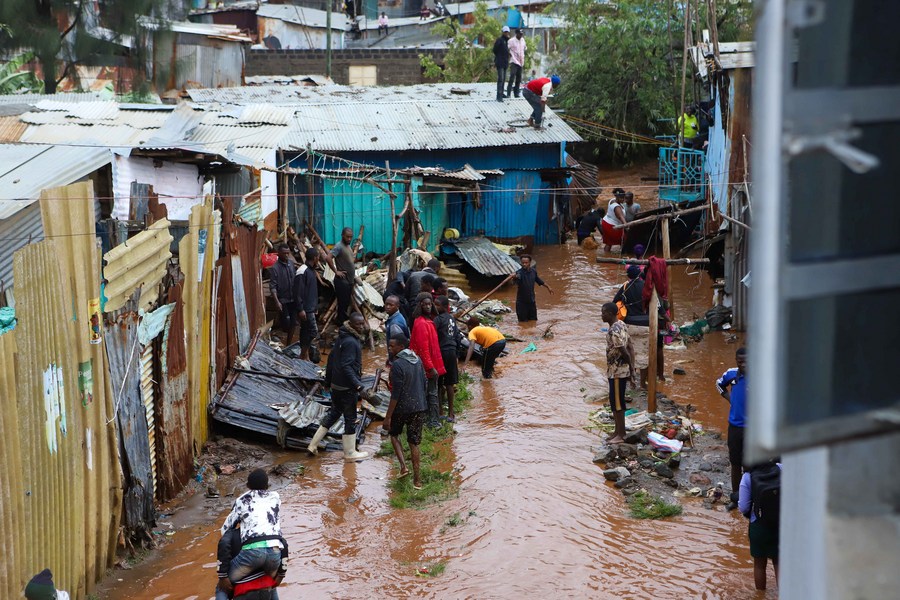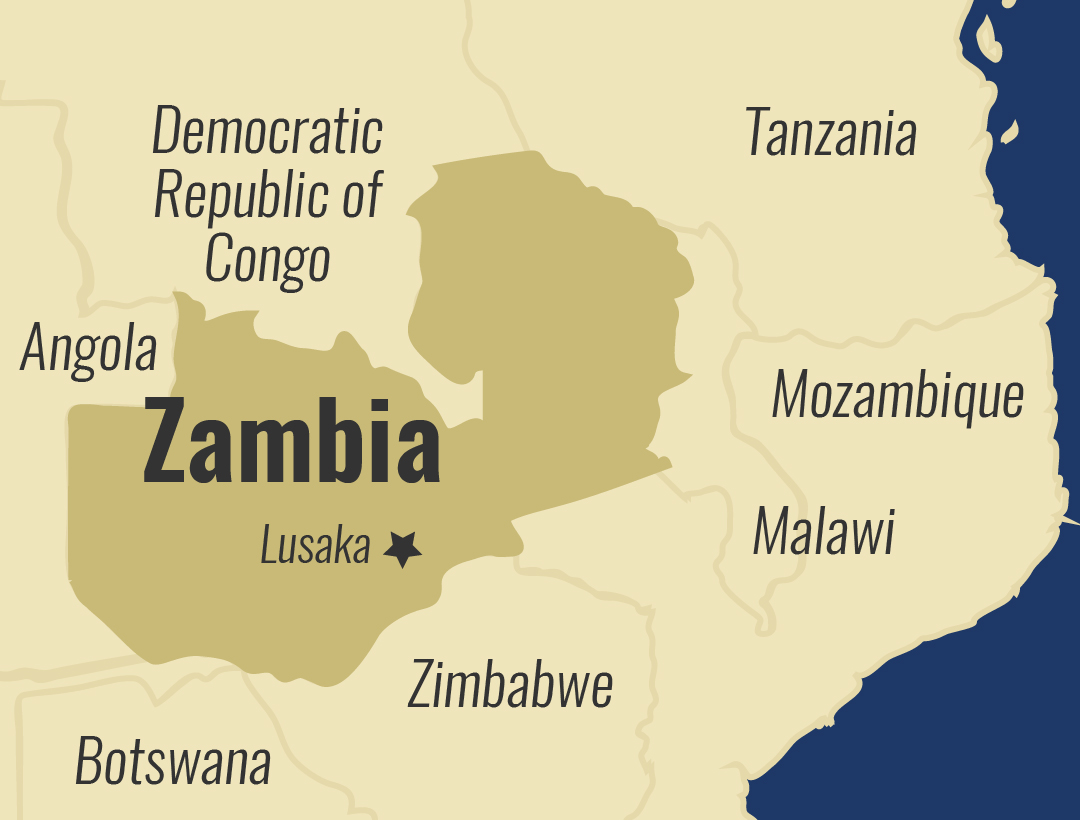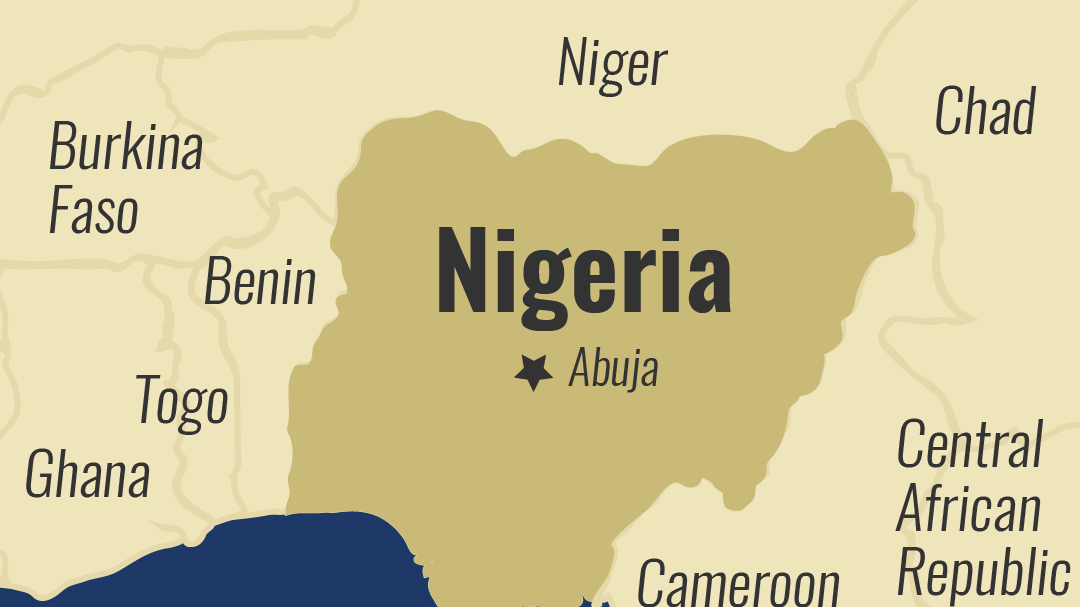
More than 20 people killed by suspected ADF militia in eastern DR Congo

More than 20 people were killed during an attack by suspected Allied Democratic Forces (ADF) militants in the restive North Kivu province in the Democratic Republic of Congo, according to a local official.
The ADF militants are said to have attacked another Congolese militia before they proceeded to kill residents in Lisasa village.
Donat Kibwana, a local administrator from Beni territory, and the head of the Buliki area, where the village is situated, put the death toll at 21.
A statement from a local NGO called Cepadho said that 15 of the 21 people killed were women.
In addition to the killings, an unknown number of people were abducted, a health centre was looted, several homes were burnt and a Catholic church was violated.
The attack comes days after suspected ADF militia killed at least 18 people in Baeti village, also in North Kivu province. A church and a number of homes were also burnt during the raid.
The ADF, originally from Uganda and created in 1986, pledged its allegiance to Islamic State and the group has endorsed some attacks by the ADF; however, researchers say there is no evidence of close collaboration.
Islamic State claimed responsibility for the attack on Baeti village.
In late 2019, the Congolese army launched a crackdown on militias in the east, resulting in reprisal attacks in which armed groups killed hundreds of people.
A report by the United Nations Joint Human Rights Office (UNJHRO) in July said the attacks committed by the ADF may constitute war crimes.
The UNJHRO estimated that at least 1,066 civilians have been killed and 176 others wounded while 717 others have been kidnapped by ADF combatants in North-Kivu and Ituri provinces since the start of last year up to the end of June.






